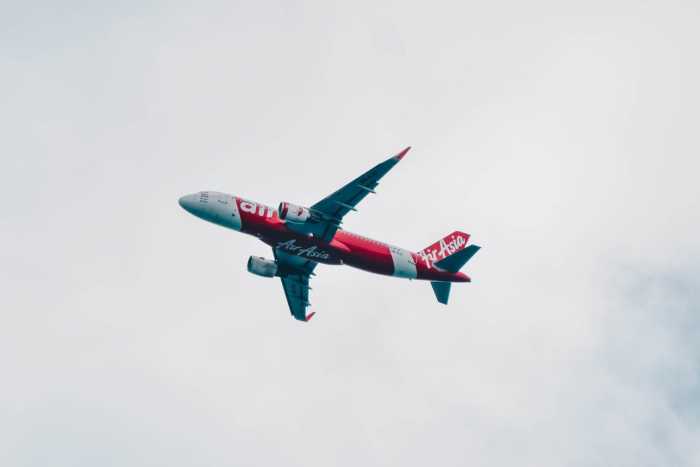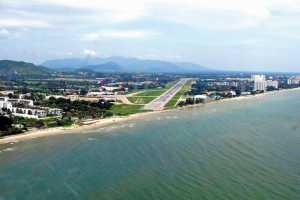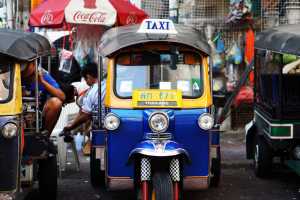
Asian Air and NokScoot Cancel Flight Due To Internal Issues
15th Apr 2015

Thai air carriers NokScoot and Asian Air stopped their scheduled flights to Sapporo and Tokyo last Saturday, 11 April 2015. The incident had left hundreds of flight passengers stranded in Don Meuang airport in Bangkok.
Both airlines cited external issues such as delays on the part of Japanese Civil Aviation Bureau as reasons behind the cancellation.
Thailand's Department of Civil Aviation (DCA) countered the statement issued by the airlines. According to the agency's Director General, Mr. Somchai Phiphutthawat, the real cause of delay was internal to both airlines citing unavailability of aircraft and non-compliance with pilot service requirements set by the International Aviation Organization (ICAO) as the main culprits.
He revealed that on two occasions, April 4 and 5, DCA authorities initiated routine checks on Asian Air. It was discovered that a couple of its pilots failed to obtain sufficient hours of rest as they flew non-stop to and from their intended destinations. Mr. Somchai advised that this practice is risky and constitutes a violation of air safety regulations.
There were no available pilots at that time who could fill in for those who were found unsuitable to take on Saturday's Bangkok-Sapporo flight.
On the other hand, NokScoot had issues deploying aircraft from its home base, causing subsequent delays in the scheduled flight to Tokyo.
The aircraft was meant to fly off initially from Changi International Airport in Singapore, land in Bangkok, and later head off for Narita Airport Tokyo, but this didn't push through.
NokScoot is jointly operated by two aircraft carriers from Singapore and Thailand.
Following this incident, Mr Somchai immediately called for a special meeting to discuss the issues. At hand were representatives from DCA and Thailand's various air carriers conducting flights to and from Japan. About six airline representatives were in attendance, including those from NokScoot, AirAsia X, and Thai Airways International among others.
During the meeting, the DCA reminded airline operators to conduct more thorough pre-flight preparations to avert similar incidents in the future. Those who fail to immediately comply will have to face suspension or termination of license to operate as well as fines and penalties.
Meanwhile, THAI officials aired their concerns about DCA's non-compliance with international air transport standards citing that this deficiency could prompt foreign officials to conduct more stringent safety checks and eventually delay flights.
Mr. Somchai allayed their fears and encouraged the officials to improve current flight standards so that such quality checks may be conducted smoothly without going beyond the 90-minute period allotted for gate time.
He also instructed airline representatives to put on hold all ticket sales covering flights to Japan by May 31, pending resolution of DCA issues on ICAO certification.









